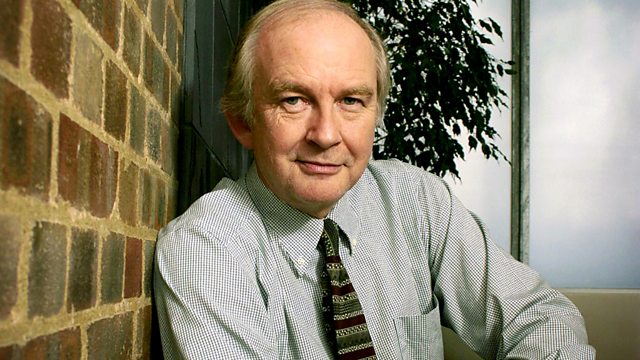
Whistleblowers: Saints or Stirrers?
With recent cases hitting the headlines, a special commission is currently investigating the plight of whistleblowers. John Waite reports on what protection is being considered.
Who was the first whistleblower? Was it Daniel Ellsberg, who, in 1971, leaked the" Pentagon Papers" revealing the truth about US involvement in Vietnam? Or Mark Felt, the "Deep Throat" at the FBI whose secret information helped to bring down a US President? In fact, it was a man called Laocoon, who, three thousand years ago, tried to tip off the authorities in ancient Troy that the Greeks and their "gift horse" was a trick. He was later murdered for his pains. But then, as John Waite reports, when it comes to speaking out, one man's whistleblower can be another man's traitor, as the current examples of Edward Snowden and Bradley Manning seem to demonstrate. So why do people blow the whistle on governments, institutions and fellow workers? And are they always acting from high moral principle, or do some seek celebrity, or simply enjoy "stirring"? John's been investigating the ethical dilemmas in speaking out, and meeting those who've done so. To ask them why they felt compelled to break ranks with their colleagues, and what happened to them as a result.
High profile whistleblowers are in the news constantly these days and as a special commission investigates their plight. Amongst those giving evidence is Eileen Chubb, who believes that more needs to be done to protect whistleblowers. She was working as a care assistant and grew increasingly concerned about neglect at the 65 bedroom home. Eventually she told her manager that residents were left in their own urine, physically attacked and robbed by staff. When nothing appeared to change she, along with six other colleagues, went to the registration and inspection unit. At that point they believe their jobs became untenable and they eventually resigned, taking their cases to an industrial tribunal. Eileen does not consider herself heroic: 'I was doing what I thought was right. At the time I didn't even know what a whistleblower was. I got pushed over a line when I saw the shouting and the pushing. We told management and social services and no one made it stop," she says, adding that she felt she had a duty to act.
But there's concern that the actions of whilstleblowers like Edward Snowden could actually put lives at risk. Mr Snowden was a technical contractor for the US National Security Agency (NSA), who also once worked for the CIA. In June he leaked to the Guardian and Washington Post newspapers documents and details relating to NSA programmes that gather data on telephone calls and emails. He fled his home in Hawaii, where he worked at a small NSA installation, to Hong Kong, and subsequently to Russia. He faces espionage charges in the US and polls there show Americans more or less evenly split over whether he did right or wrong. On Capitol Hill the former intelligence contractor has been labelled a coward and traitor - a view challenged by those like film director Oliver Stone, who call him as a hero because: ' he did this not for profit, not to give, exchange, give secrets away that could hurt our country supposedly. He is doing it out of conscience." For his part Edward Snowden disputes both points of view: "I'm neither traitor nor hero. I'm an American,"
Producer: Susan Mitchell.
Last on
Broadcasts
- Thu 12 Sep 2013 09:00大象传媒 Radio 4
- Thu 12 Sep 2013 21:30大象传媒 Radio 4
